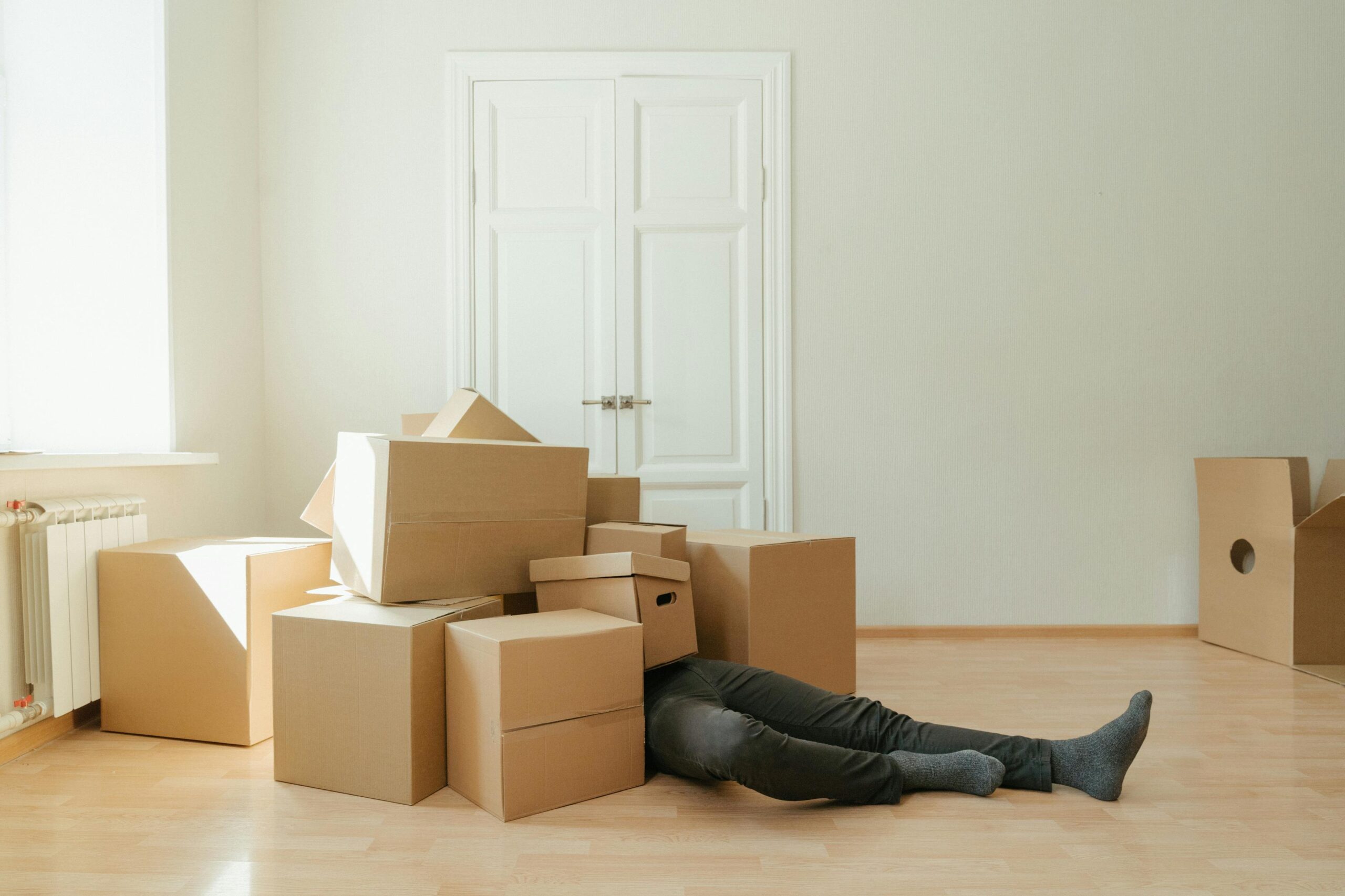Keeping your home neat and organized can feel like an endless task, especially if you’re juggling work, family, and social life. The good news? A few smart home organization strategies can transform cluttered rooms into calm, functional spaces without the stress. Whether you live in a small apartment or a larger house, these beginner-friendly tips will help you create order, save time, and enjoy your home more.
Why Home Organization Matters
An organized home isn’t just about appearances—it improves daily life in many ways:
- Less stress: Clutter often creates mental overwhelm.
- Time savings: When everything has a place, you don’t waste minutes searching.
- Better productivity: A tidy environment helps you focus.
- Health benefits: A clean, organized home is easier to maintain, reducing dust and allergens.
If you’re ready to make small but powerful changes, start with these practical ideas.
Declutter First: Keep What You Truly Use
Before buying storage bins or fancy organizers, the first step is decluttering. Many people try to organize too much stuff, which quickly leads back to chaos.
- Sort by category: Clothes, books, kitchen tools, and so on.
- Use the “one-year rule”: If you haven’t used it in the past year, consider donating or discarding it.
- Create three piles: Keep, Donate/Sell, Trash.
- Start small: Work on one drawer, one shelf, or one corner per day.
Decluttering lightens your load and makes every other organization tip much more effective.
Maximize Storage With Simple Hacks
Once you’ve trimmed down your belongings, it’s time to make storage smarter. Even in small homes, you can create more room with a few clever solutions.
1. Vertical Space Is Your Friend
Most people focus only on floor space. Instead, think upward:
- Install floating shelves in kitchens, bathrooms, or living rooms.
- Use tall bookcases or wall-mounted racks.
- Hang hooks on the back of doors for bags, jackets, or cleaning supplies.
2. Clear Bins for Easy Access
Transparent storage bins let you see what’s inside instantly. Perfect for:
- Kids’ toys
- Pantry items
- Seasonal clothes
3. Multi-Purpose Furniture
Choose furniture that doubles as storage:
- Beds with drawers underneath
- Coffee tables with hidden compartments
- Ottomans that open up for blankets or magazines
Room-by-Room Organization Tips
Every space in your home has unique needs. Here are quick strategies for the most common trouble spots:
Kitchen
- Use drawer dividers for utensils.
- Label pantry jars and bins for easy meal prep.
- Add a hanging rack for pots and pans to free cabinet space.
Living Room
- Keep remote controls in a small basket or box.
- Use decorative baskets to store blankets or magazines.
- Limit surface clutter—one or two decorative items per table is enough.
Bedroom
- Rotate seasonal clothing and store off-season items in vacuum-sealed bags.
- Use under-bed boxes for shoes, linens, or extra bedding.
- Keep nightstands clear with only essentials like a lamp, book, or water glass.
Bathroom
- Install shelves above the toilet for towels and toiletries.
- Use drawer organizers for cosmetics and grooming products.
- Add a small caddy for everyday essentials to keep the counter tidy.
Create Daily Habits That Keep Order
Organization isn’t a one-time project—it’s a lifestyle. The secret is building simple routines:
- 5-minute reset: Spend five minutes at night putting items back in their place.
- One in, one out: For every new item you buy, donate or discard one old item.
- Weekly check-ins: Review high-traffic areas like the entryway or kitchen once a week.
These micro-habits prevent clutter from creeping back in and save you from doing big, stressful clean-ups later.
Budget-Friendly Organization Tools
You don’t need to spend a fortune to get organized. Affordable options include:
- Dollar store bins and baskets
- Over-the-door hooks
- Mason jars for kitchen or bathroom supplies
- Shoe organizers (great for shoes, but also cleaning products, toys, or snacks)
With creativity, you can repurpose items you already own. For example, a muffin tin makes a great jewelry organizer, and old glass jars can store cotton balls or office supplies.
Conclusion
Organizing your home doesn’t require expensive systems or weeks of effort. By decluttering first, using space wisely, and creating small daily habits, you’ll build a home that feels calm, efficient, and welcoming. Start with one room today—you’ll be surprised how quickly small wins add up.

No responses yet